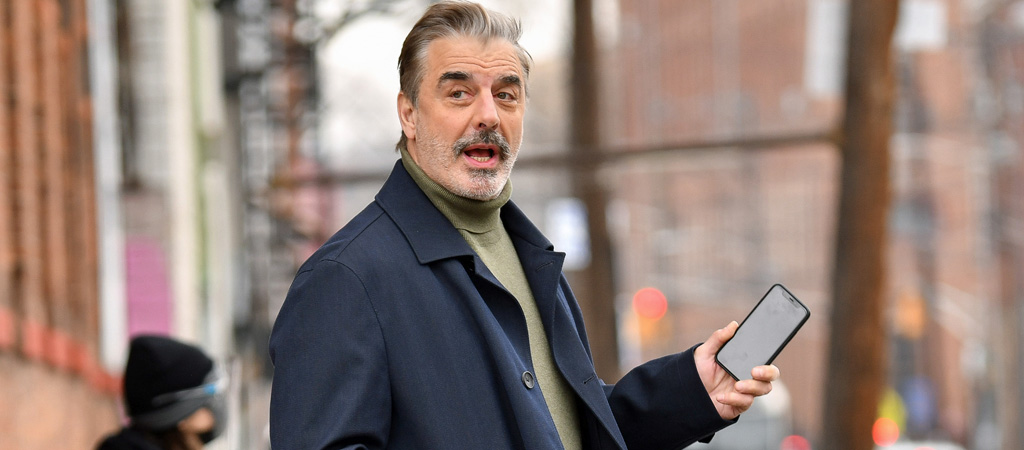
The Sex and the City revival set to start shooting this summer isn’t a complete set. It’s minus one: Kim Cattral’s Samantha Jones is the only main protagonist not returning, to the furor of many. But there was another big name missing: Mr. Big, Chris Noth’s obscenely wealthy, one-again-off-again beau to Sarah Jessica Parker’s Carrie Bradshaw. But it looks like he finally RSVP’d, and at the last minute. Isn’t that so like him to do that?
As per Deadline, Noth — who when he started appearing on the show was already well-known as part of the OG cast of the OG Law and Order, whose second-ever episode guest starred no less than Cynthia Nixon, in a gender-flipped re-working of the Bernie Goetz story — had up till now been caught up in talks to exhume his signature role. But it all worked out in the end, meaning he’s free to join a show that, remember, isn’t called Sex and the City but rather And Just Like That…
Mr. Big, real name John James Preston, spent the show’s six seasons and two big screen movies as one of Carrie’s main squeezes, sometimes competing with John Corbett’s Aidan. Of course, in this case Aidan won: Corbett joined the revival a whole month before Noth. But does this 11th hour addition mean that Carrie and Big are no longer married? It has been 11 months since we last saw them, and things weren’t ever exactly solid between them. More important, do they still have time to roll a dumptruck of hundreds up to Kim Cattrall’s home?
(Via Deadline)

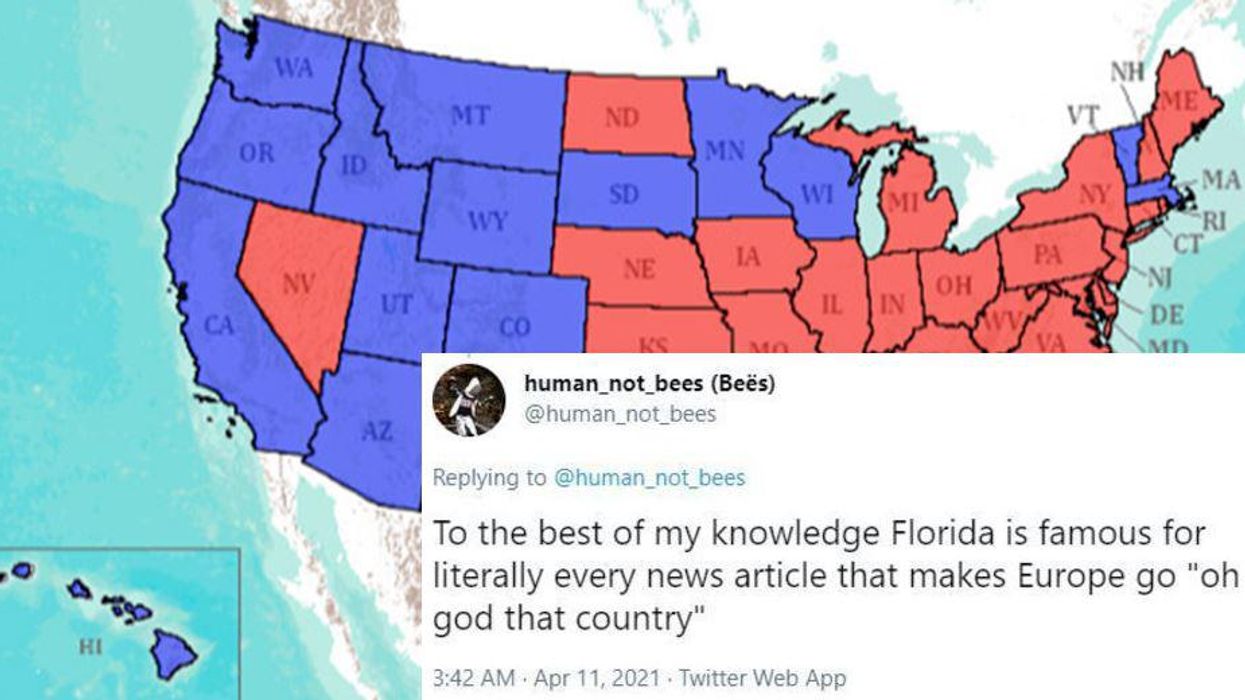


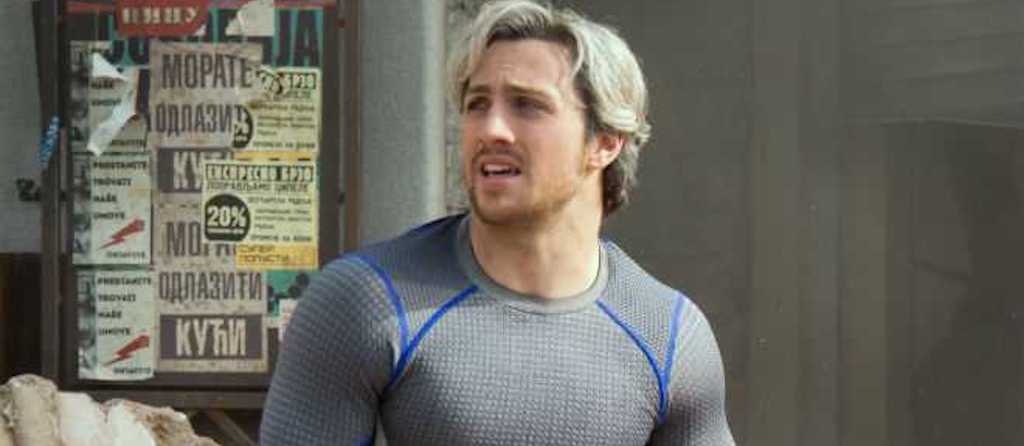







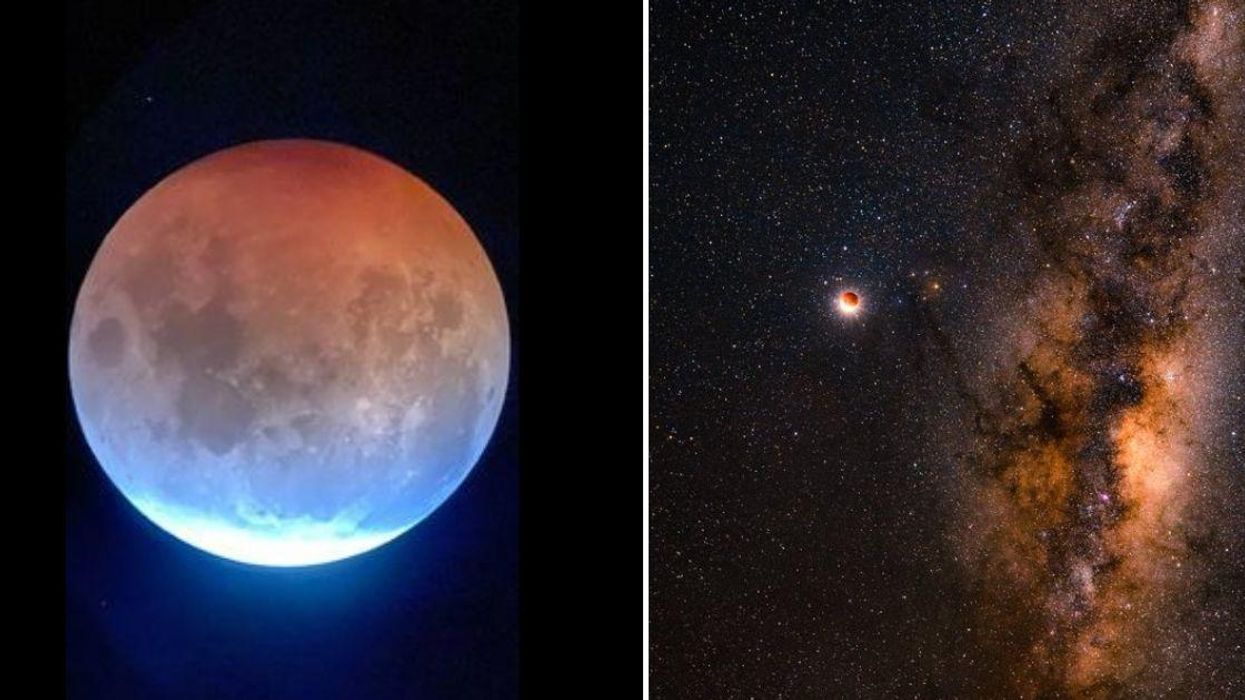
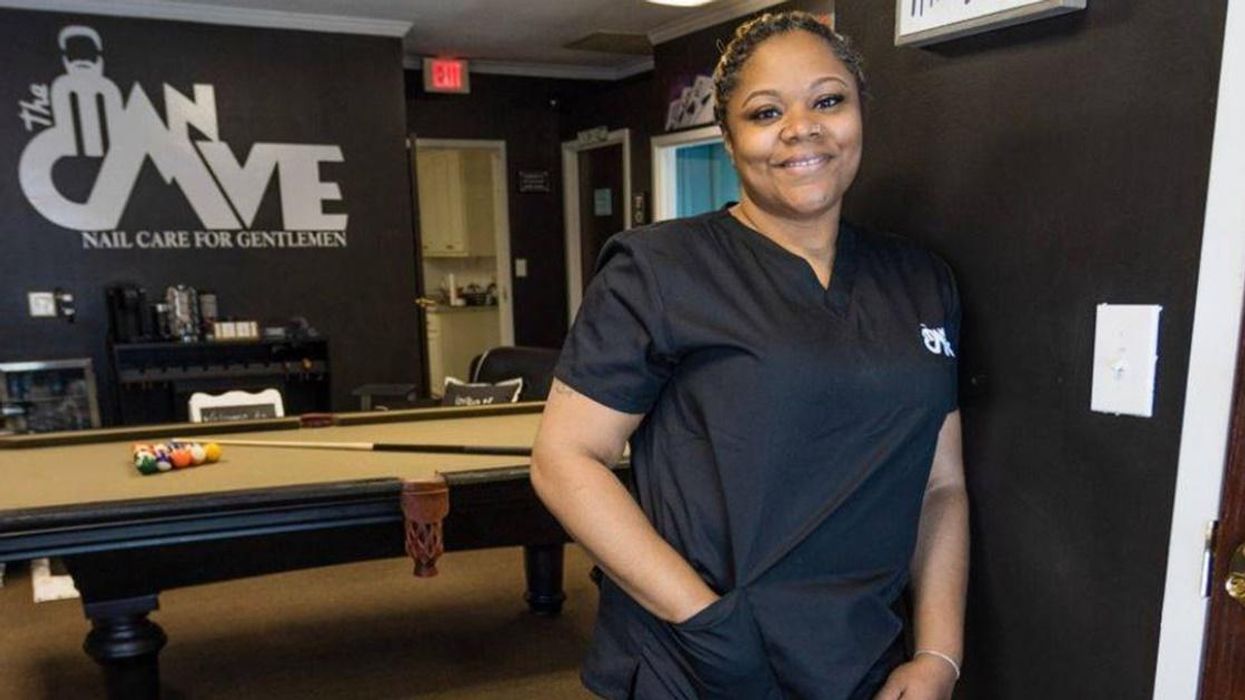
 (@cmclymer)
(@cmclymer) 


 (@traceyecorder)
(@traceyecorder)